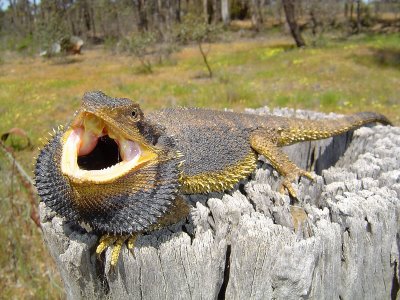Creating a Nutritious and Delicious Bearded Dragon Food Diet
Introduction
Bearded dragons are fascinating reptiles that make great pets. These friendly animals are easy to care for and have a unique personality. Just like any other pet, it is important to provide them with a healthy diet to ensure they live a long and happy life.
What to Feed Your Bearded Dragon
Feeding your bearded dragon a balanced diet is crucial to their overall health and well-being. As omnivores, they require a mix of plant-based foods and insects. Here are some of the foods you should include in your bearded dragon’s diet:
Vegetables
Bearded dragons require a variety of fresh vegetables in their diet. Some of the best vegetables to feed them include:
- Collard greens
- Kale
- Cabbage
- Carrots
- Squash
- Peppers
- Peas
Fruits
In addition to vegetables, bearded dragons also enjoy certain fruits. These should be fed in moderation as they contain high levels of sugar. Some good options include:
- Apples
- Berries
- Mangoes
- Papayas
- Pears
Insects
Bearded dragons require plenty of protein in their diet, which can be found in insects. Some of the best insects to feed them include:
- Crickets
- Dubia Roaches
- Superworms
- Mealworms
- Silkworms
Foods to Avoid
While certain foods are great for bearded dragons, there are some you should avoid. These include:
- Spinach
- Rhubarb
- Avocado
- Fireflies
- Ladybugs
How Much to Feed Your Bearded Dragon
The amount of food your bearded dragon requires will depend on their age, size, and activity level. As a general rule, juvenile bearded dragons should be fed twice a day while adults only require one meal a day. You should also ensure that they have access to fresh water at all times.
Supplements
In addition to a healthy diet, bearded dragons require certain supplements to ensure they get all the necessary nutrients. These include:
- Calcium powder
- Vitamin D3
- Multivitamin powder
Conclusion
In conclusion, feeding your bearded dragon a balanced diet is essential to their health and happiness. By providing them with a mix of vegetables, fruits, and insects, you can ensure they get all the necessary nutrients. Remember to also provide them with fresh water and supplements to keep them healthy and happy.

